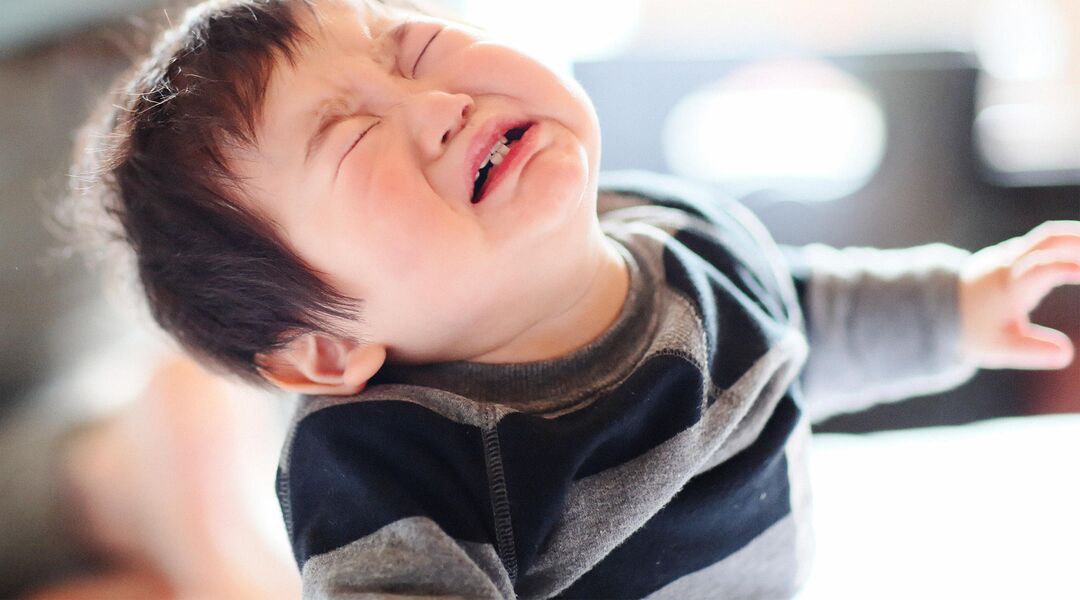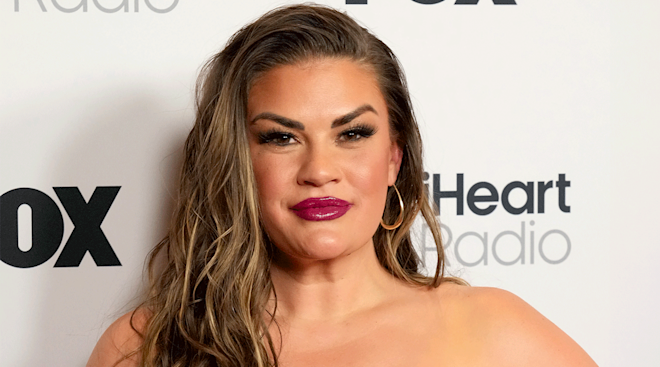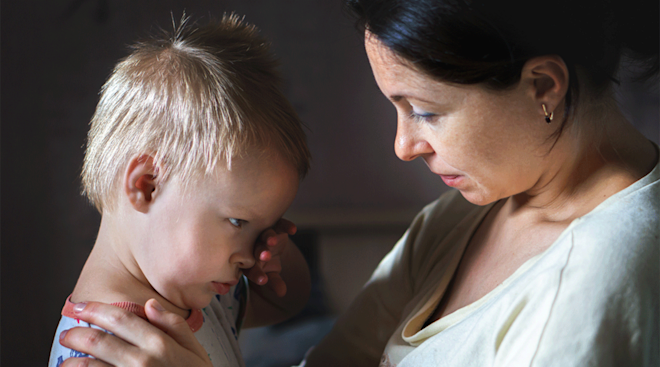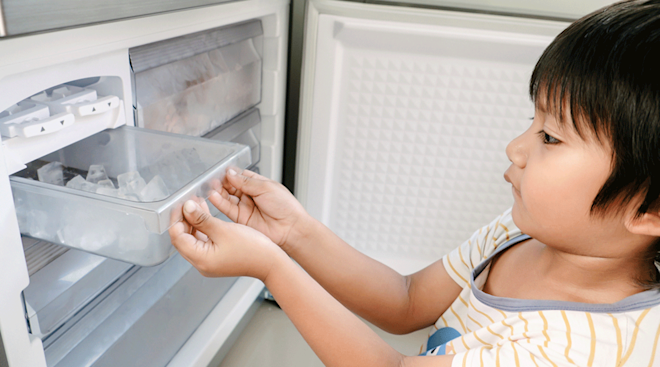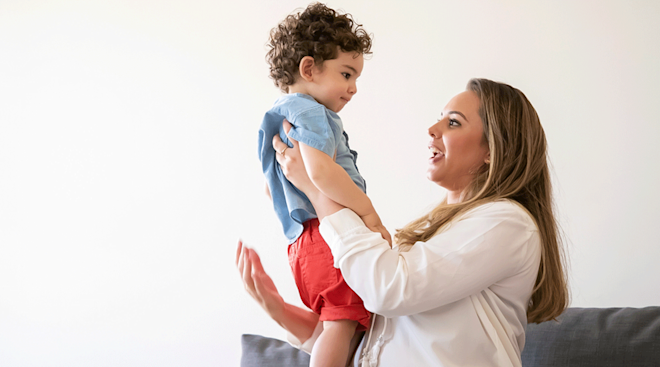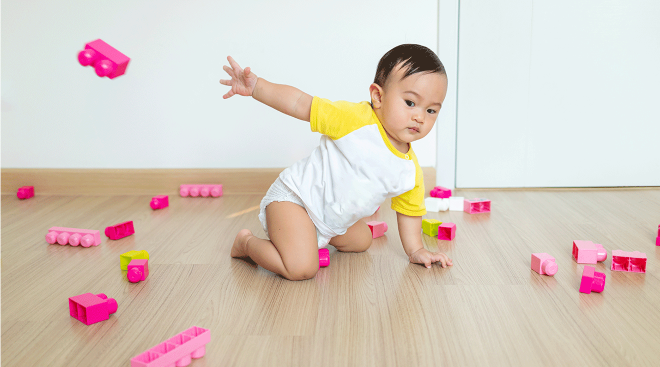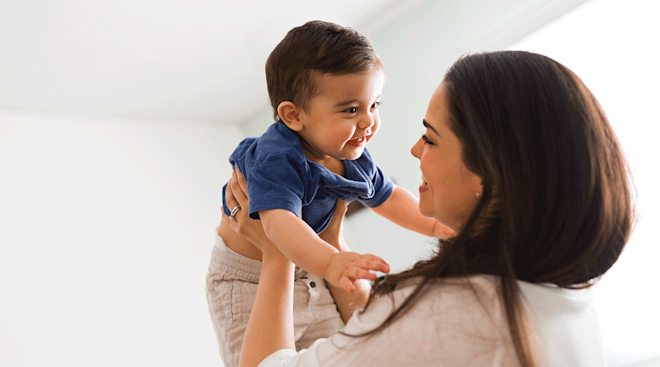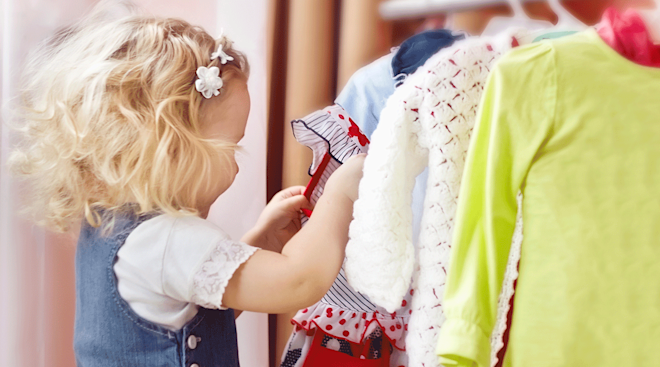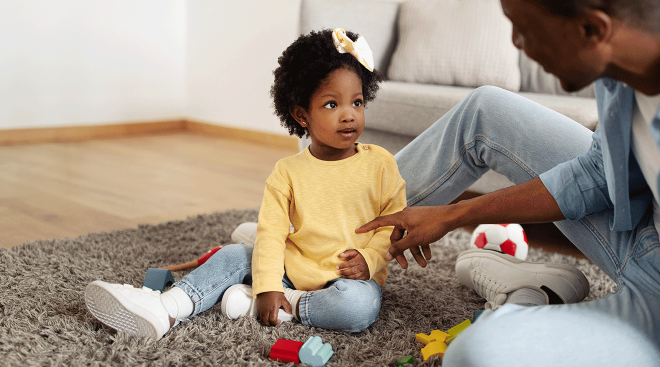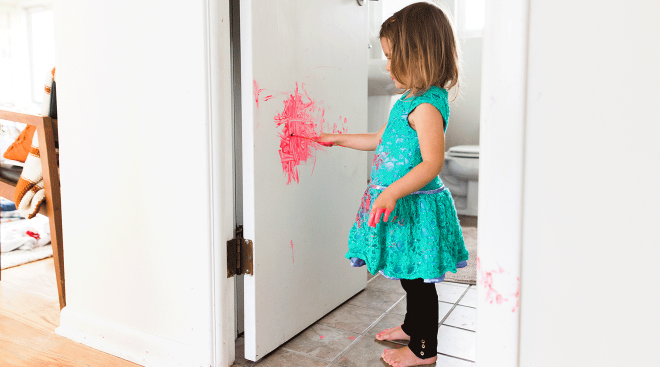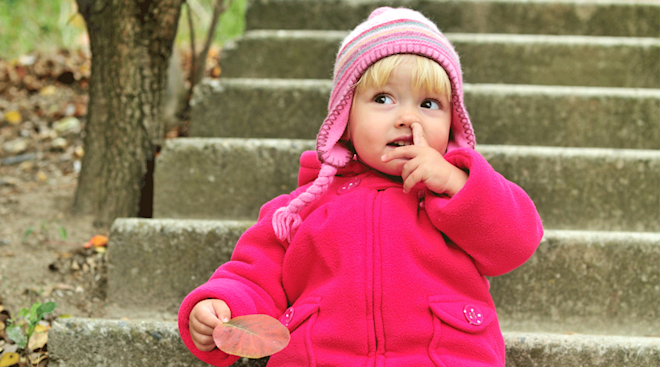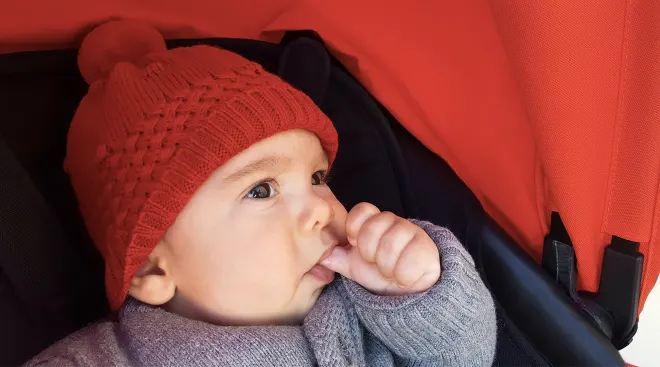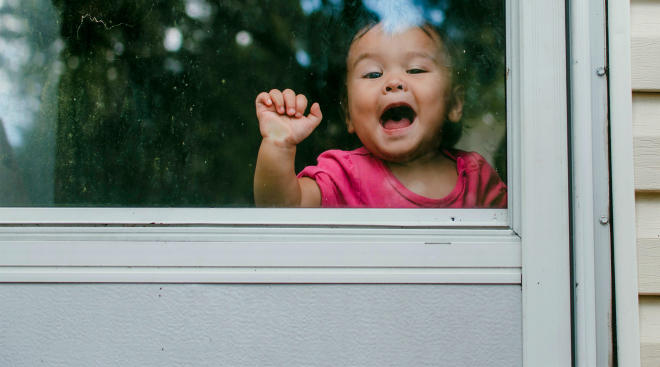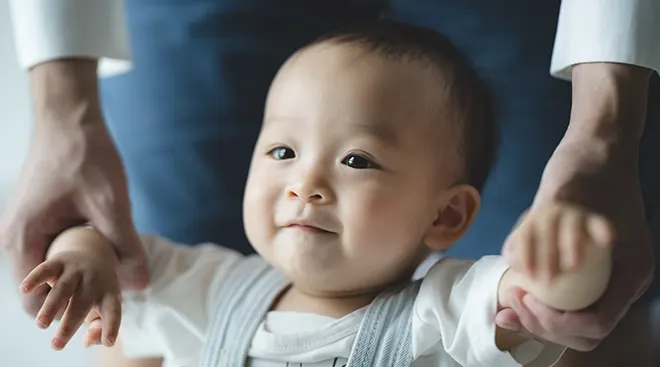How and When to Say No to Baby
Fatherly is a publication for modern fathers looking to make the best of a good situation.
It’s hard to find a middle ground when saying no to a baby. Some parents refuse to say no. There are cultural and evolutionary reasons for this: Crying babies spark instinctual parental concern and pathos rooted in the amygdala. On the other hand, some parents say no constantly because, well, babies frequently make unreasonable and irresponsible requests. Either way, babies need just the right amount of “no” in order to better understand the boundaries that keep them safe.
It’s important to note, of course, that while babies do need boundaries, they also need some room to explore. “Parents need to balance the need for a child to learn by exploring with what’s really dangerous,” explains positive psychologist Dr. Robert Zeitlin, author of Laugh More, Yell Less: A Guide to Raising Kick-Ass Kids. “It’s easy for parents to go a little overboard.”
Is it gross for a bay to stick their hand into the mud when they are outside? Sure. But that experience of mud is deeply important for a child’s development. As they explore mud the squish and stickiness of mud, neural connections are being forged. These are the earliest lessons of viscosity, temperature, and material dynamics. There really isn’t a reason for a parent to interject, other than the inconvenience of clean-up, which is frankly a tad less important than brain building.
“Be conscious of the line that you draw,” explains Zeitlin, while also noting that part of that consciousness is how those lines interact with a child’s development. A baby might chew on a board book, for instance, which is both destructive and widely recognized by pediatricians to be a literacy activity.
-
Understand that babies need amply exploration of their world along with firm boundaries.
-
Say no to behaviors that are obviously dangerous but relax when it comes to behaviors that may simply be messy or inconvenient.
-
Be firm, consistent, and as emotion free as possible when saying no and remove the baby from the situation or the situation from the baby.
-
Don’t take repeated behavior personally.
“Two rules might clash. We want the baby to be learning about books, but we don’t misuse our things,” Zeitlin says. “You have to reconcile those things and take perspective. Some of the board books and toys that are chewed on or damaged become wonderful memories of a kid’s childhood.”
That said, safety dictates there are situations when a parent must say no. Crawling into a dangerous area, biting and clumsy interactions with impatient pets may all be times when a parent can, and should, say no.
“We want to be clear about the boundary,” says Zeitlin. “It’s more important than the word or showing an expression of being hurt.”
Zeitlin encourages parents to simply move their babies away from the situation or the situation from the child. But he also notes that it should be done in a routine consistent way, with as little judgment or emotion as they can. “We’re not all robotic parents,” he says. “But emotions confuse the situation. The child is trying to learn and this is one piece of data that we’re giving them as they’re trying to learn in the world.”
Importantly, a baby will most likely repeat the behavior before learning the right way to do things. It’s frustrating but it is not personal. So parents should refrain from imbuing the actions with any undue agency. “Just be consistent without losing patience,” Zeitlin says. “View your child as a learning machine. They’re doing things for a reason. Your job is to hold the boundary and try not to get emotional about it.”
Please note: The Bump and the materials and information it contains are not intended to, and do not constitute, medical or other health advice or diagnosis and should not be used as such. You should always consult with a qualified physician or health professional about your specific circumstances.
Navigate forward to interact with the calendar and select a date. Press the question mark key to get the keyboard shortcuts for changing dates.
































